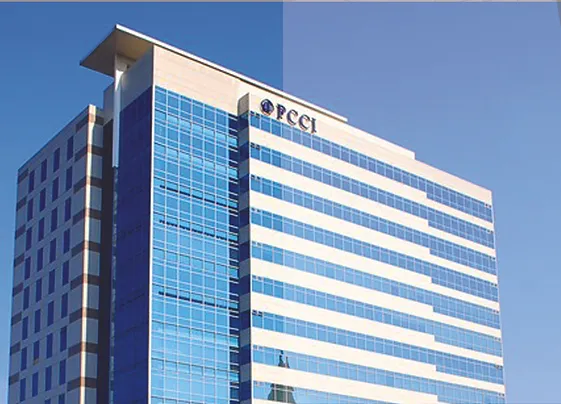Tax reform, better ‘golden visa’ pushed

The Philippines will have to craft a more attractive tax regime and straightforward “golden visa” policies to draw more millionaires into the country and help drive progress, according to a global investment advisory firm.
Scott Moore, managing director for Southeast Asia at Henley & Partners, told reporters on Tuesday the Philippines had 12,800 high net worth individuals (HNWIs), including 70 centi-millionaires (those with at least $100 million in investable wealth) and 12 billionaires.
This represents a 32-percent growth versus a decade ago.
Moore noted that having more wealthy people in a developing country such as the Philippines signaled economic progress.
“If a country can create new millionaires, it means that the economy is growing and there’s good opportunities,” Moore said.
While the Philippines is expected to lose 50 millionaires this year, he pointed out this was “very insignificant” given its growth rate.
It can be noted, however, that the Philippines is still far behind its neighbors, including Singapore, which is expecting an inflow of 1,600 millionaires this year, and Japan, which is anticipating 600 more millionaires.
The United Arab Emirates (UAE), home to various infrastructure marvels and luxury shopping malls, emerged as the top destination for migrating HNWIs, with 9,800 incoming millionaires. They represent around $63 billion in total net worth.
What made the UAE attractive to the rich, according to Moore, was its “very stable” political environment, low corporate tax, zero income tax and a “straightforward” golden visa policy.
One can become a golden visa holder if they invest a certain amount in a country, whether through real estate or other means. This document grants “residence by investment” to the investor, considering their economic contribution to the host country, Henley & Partners said.
Although the Philippines has the Special Investor’s Resident Visa, Moore explained that this needed to be “done quicker,” stressing that remote applications would also make it more attractive.
Still, Moore noted that the Philippines remained an attractive destination for investors, specifically because of its above average gross domestic product growth compared with more developed countries.
The Philippine economy grew by 5.4 percent in the first quarter, faster than Indonesia (4.9 percent) and Malaysia (4.4 percent).




















